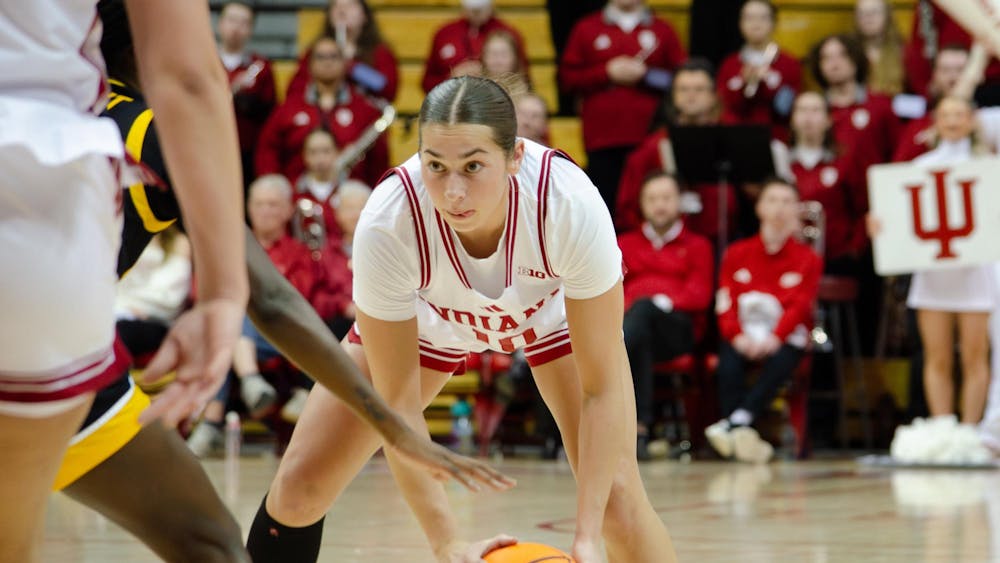Five IU professors have been elected fellows in the American Association for the Advancement of Science, a high honor for American and foreign scientists alike.\nThe IU fellows, whose work has been "deemed scientifically or socially distinguished" by the AAAS Council, are anthropology professors Kathy Schick and Nicholas Toth, biology professors Mark Estelle and Loren Rieseberg and psychology professor William Timberlake.\n"It is always nice to be recognized by one's peers," Estelle said. "In this case I am particularly honored to be included with the other stellar IU fellows, Rieseberg, Toth, Schick and Timberlake."\nOnly 10 other research institutions, including Harvard, Yale and Duke, had more fellows inducted in this year's class of 348.\nIt is not just the recognized scientists who are responsible for these accomplishments, however. Estelle said he had a lot of help from his students in improving the scientific community's understanding of auxin, a hormone responsible for plant growth and development.\n"We work with a small plant called Arabidopsis, also called 'mouse ear cress' or 'mustard weed.' Over the years we have learned a lot about how auxin works by isolating and studying mutant Arabidopsis plants," he said. "It is also important to note that I am being recognized for work that was performed by many wonderful graduate students, postdocs and technicians over 18 years."\nTimberlake's work is especially relevant because it is validating that experiments conducted on animals in a lab setting are indicative of their behavior in a natural setting.\n"I have done several series of experiments indicating that common laboratory learning paradigms engage mechanisms related to the functional behavior of animals in their ecological niches," Timberlake said. "This provides a specific basis for the belief that laboratory behavior has relevance for ecological behavior work and vice versa."\nAfter being named a fellow in such a prestigious science organization, there's not much else for these scientists to do but continue with the research that got them there in the first place.\nTimberlake looks to show even more connections between animal behavior in an experiment and in the natural habitat.\n"I am interested in increasing the number of lanes on the bridge between laboratory and field behavior by considering evolutionary trends on one hand and specific neurophysiology mechanisms on the other," Timberlake said. "I am especially interested in relating spatial and temporal learning in circumstances ranging from local foraging bouts to circadian rhythms."\nEstelle said he too hopes to complete his research into the working of auxin.\n"My group will continue to study plant hormones," Estelle said. "We have a long way to go before we have a complete understanding of how auxin works. Like all biological processes, it is very complex, and many questions still remain."\n-- Contact staff writer Chris Freiberg at wfreiber@indiana.edu.
5 professors recognized as 2003 science fellows
Get stories like this in your inbox
Subscribe





